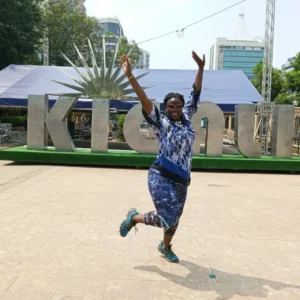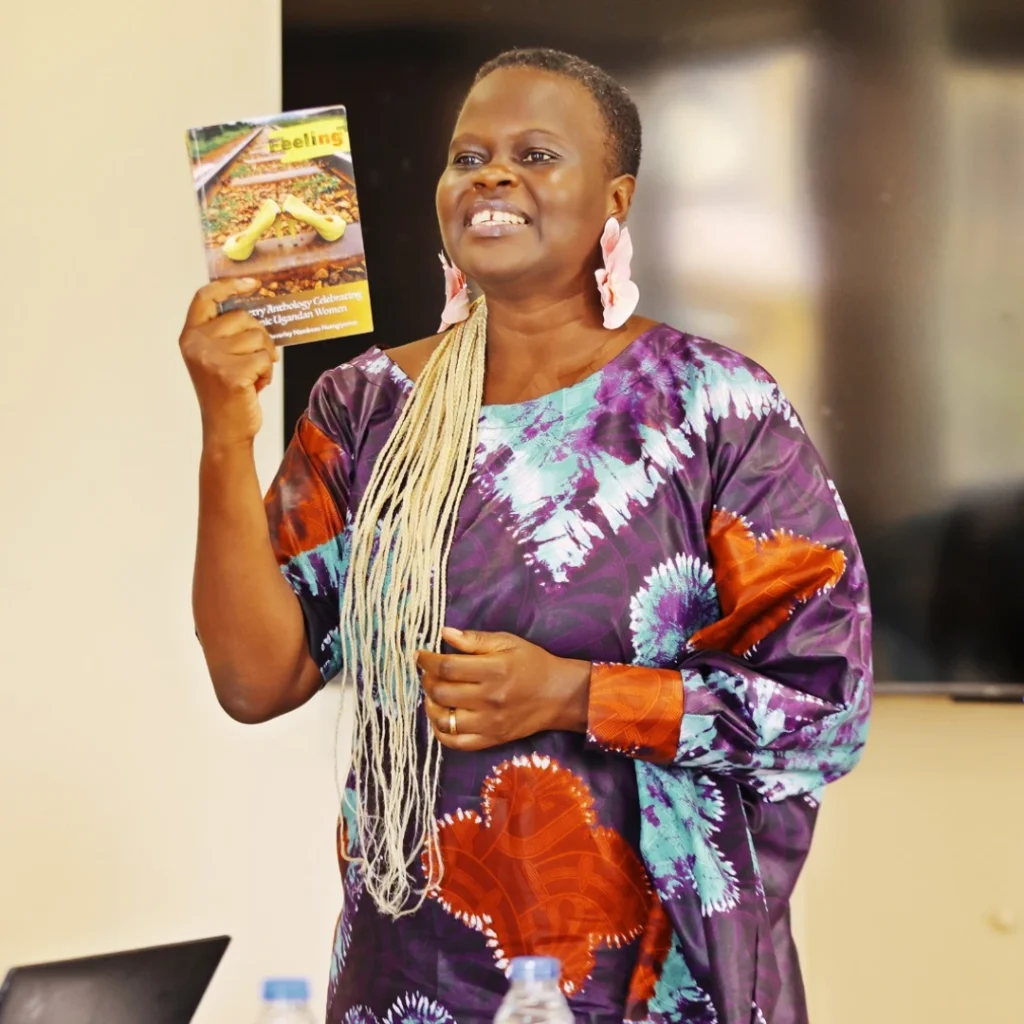
In 1994, as a secondary student, I first heard about the Rwanda genocide while at school. The magnitude of the tragedy was beyond my comprehension, and it prompted me to write a story about it. Standing before my classmates, I shared about the genocide in Rwanda, urging empathy from everyone.
The protagonist of my story was a six-year-old girl sitting on an upturned bucket, with pigtails and her skipping rope beside her. Tragically shot, her blood spilled to form a red river, etching her memory into the hearts of those who heard her tale.
A decade later, in 2004, I visited Kigali, Rwanda’s capital, and the town of Butare, three hours southwest. Stepping off the bus, I was struck by the city’s striking and handsome men. Eager to share my excitement, I rushed to an internet cafe to email my friends about my safe arrival and the charm of Rwanda, jokingly suggesting it could solve our singleness woes.
Staying with a friend, I experienced genuine hospitality and explored the city on foot, befriending waiters at Hotel Continental, now Serena, and marveling at the towering guard by the entrance.
Walking around Kigali, I adapted to the unique way of entering taxis from the right side and found people generally serene. Conversations inevitably turned to the genocide, a topic that weighed heavily on the city’s psyche.
Visiting the Kigali Memorial Centre, opened on the tenth anniversary of the genocide, was a deeply emotional experience. The stories of babies torn from their mothers’ arms and families ripped apart were painfully vivid. The open graves commemorated the 100 days that forever changed Rwanda.
Despite tragedies faced by countries like Uganda, the Rwanda genocide remains poignant in my memory. Over the years, I’ve immersed myself in films, documentaries, and personal accounts to understand its impact.
My visits to Butare included walks through the National University’s serene pathways lined with pine trees and benches, offering a glimpse into its academic charm. The presence of makeshift graveyards served as a stark reminder of the country’s painful past, impossible to ignore even as a tourist.
Returning to Rwanda over the years, I’ve witnessed Kigali’s remarkable growth into a cosmopolitan city with immaculate streets and modern amenities. In 2022, the CHOGM village was a highlight, where families rented bicycles for city tours or exercise, and people jogged on Sundays.

For me, home is where my heart finds contentment, transcending genealogy, surnames, and birthplaces. It’s a feeling I seek in my travels, hoping to discover more places where my heart can truly rest.
As we reflect on the Rwanda genocide and other ongoing atrocities worldwide, let’s pray for a world where everyone can find peace and solace, and where such tragedies become relics of the past.

